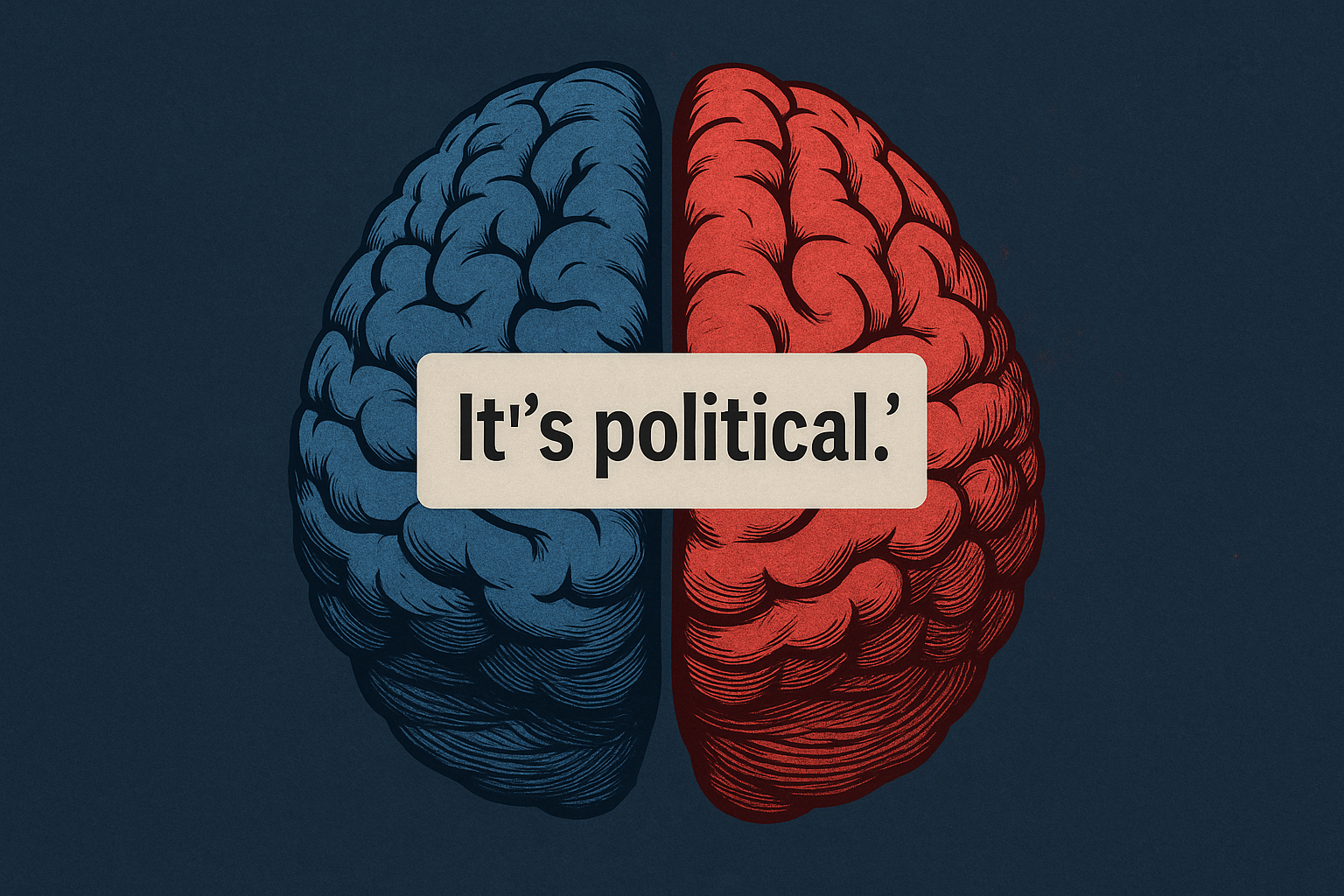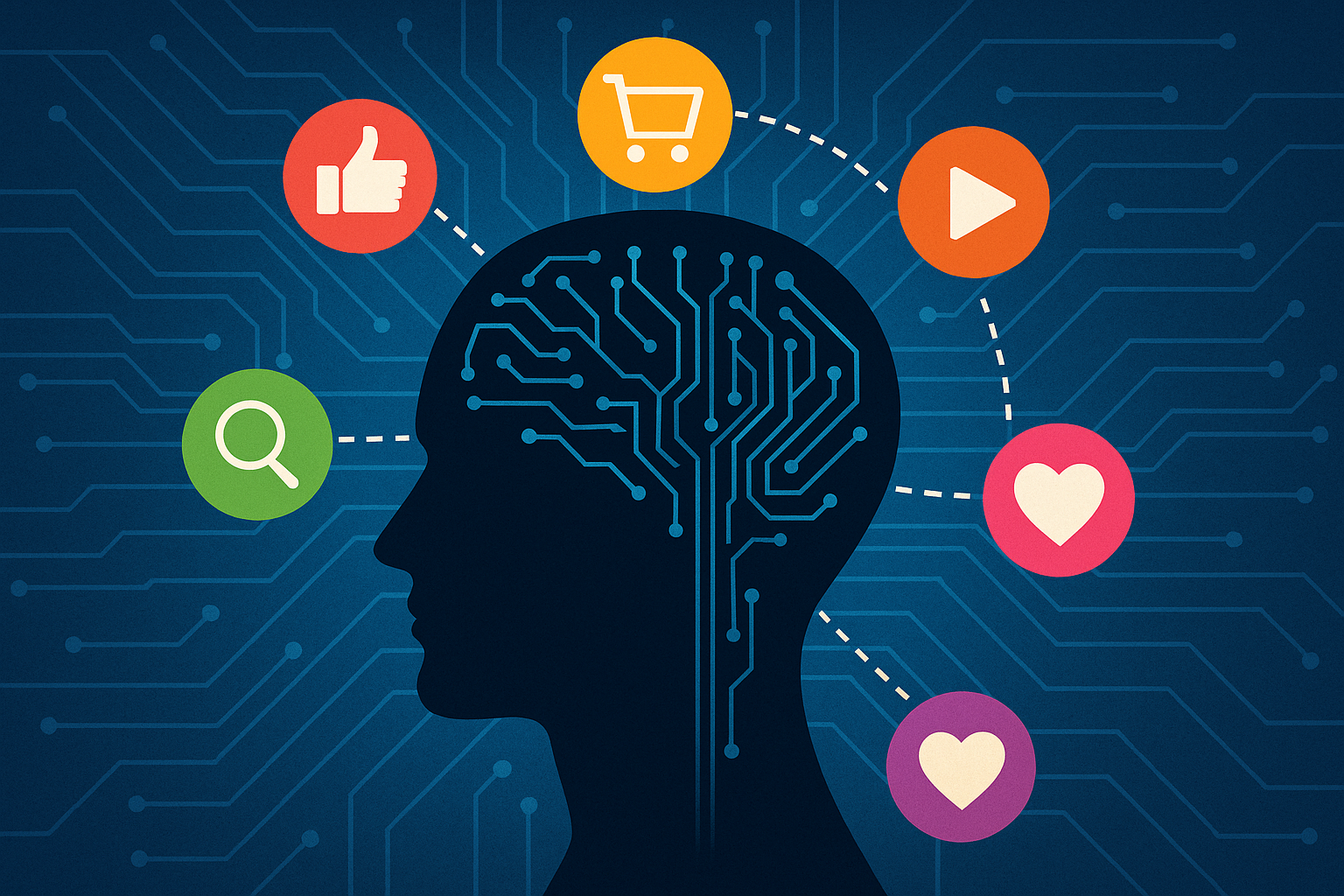Addressing & Remedying Implicit Bias In Healthcare
After decades of studies, policymakers, media, and medical institutions are finally turning their attention towards systemic inequalities in our healthcare systems. It’s been a long time coming. The data is profound and undeniable: Inequality is inherent in our healthcare systems. But as is common in medicine, acknowledging the research and symptoms is often far more straightforward than determining and curing the disease itself. When it comes to healing inequality in healthcare, the treatment plan can prove an arduous task if we don’t understand where or how to begin.

One critical way inequality shows up in our healthcare systems is through implicit bias. Implicit bias begins with the internalized associations, attitudes, or stereotypes that unconsciously affect our perceptions, actions, and decisions. It’s important to understand that implicit bias is infused into the way our brains process information. The wide range of cognitive biases exist within healthcare providers because they exist within all humans. They are the evolutionary result of our brains’ attempting to simplify and process information in order to make sense of the world around us quickly. They determine our thoughts and impact our decisions.
Cognitive biases are just one part of the greater bias ecosystem we each exist and operate within. For inequalities to be repaired within the healthcare system, as with all systems, cognitive biases must first be addressed, then recognized, then remedied.
Addressing our cognitive biases is not easy work. It can be deeply uncomfortable to acknowledge that our unconscious thoughts may negatively impact how we see or treat another person. It can be especially troubling for devoted healthcare workers to address the idea that they hold unconscious biases. After all, medical professionals inherently understand that equality in patient care and treatment is essential. But healthcare professionals are human beings, and all human beings possess bias.
Doctor Dave Newhouse, OBGYN for Kaiser Permanente, began exploring implicit bias more than two decades ago when he saw his own scores dropping amongst his patients:
“My Chief told me I had low scores with my patients, but I didn’t understand why. So I began to look at the data and I realized there was a gap. I wasn’t scoring low across all patients; I had a problem with younger patients. Younger female patients had different expectations and many didn’t want to see a male doctor. I knew I had to improve the medical experience for them and I began to adjust my practices. If they wanted a female doctor I moved heaven and earth to find them one. And I worked hard to answer all of their questions and to make them feel comfortable. My score went from 35 to 96 on a 100 point scale. It was then that I realized we have to use demographic analytics to better understand our patients and the way we care for them.”
Since 2003, Dr. Newhouse has used patient analytics to coach hundreds of doctors in bias training. He notes that the results are improved outcomes in all areas: higher patient satisfaction ratings, more confident doctors, and improved patient care.
While it can feel complicated for medical professionals to acknowledge that they have unconscious bias, it is a factor that can no longer be denied nor avoided. Unconscious bias is negatively impacting the way healthcare professionals at all levels interact with, evaluate and care for patients.
Study after study shows that individuals interacting with the health care system face disparate treatment. Racial and ethnic minorities and women receive less accurate diagnoses, decreased treatment options, inadequate pain management, and worse clinical outcomes.
African American patients are prescribed less pain medication than white patients who present the same complaints. African American patients with the warning signs of heart problems are not referred for advanced cardiovascular procedures as often as white patients with the same symptoms. Perhaps most appalling, African American women are two to four times more likely than white women to die from pregnancy-related causes nationwide.
And these disparities cannot be blamed on outside factors alone. Racial and ethnic disparities remain even after adjusting for socioeconomic differences, insurance status, and other factors influencing healthcare access. Research finds that African American women in the highest education, income, and wealth groups, for example, have worse outcomes than white women on the lowest end of the socioeconomic strata.
Gender bias also impacts treatment decisions and outcomes. Women are less likely to survive a heart attack when they are treated by a male physician and surgeon than a female. LGBTQ and gender-nonconforming patients are less likely to seek timely medical care because they experience disrespect and discrimination from health care staff, with one out of five transgender patients nationwide reporting that they were outright denied medical care due to bias.
These disparities are devastating individuals, families and communities. So, while bias-training is essential for everyone, there is an urgent need to bring this training to healthcare professionals. Addressing and removing unconscious bias in healthcare systems will save lives.
The good news is that as science and society become more aware of implicit bias, the more opportunities we have for mitigation. Many medical schools, healthcare institutions, and professional organizations are developing training programs to help doctors recognize cognitive biases and prevent them from affecting their medical decision-making.
Policymakers are also beginning to take action. In 2019, California passed AB241, legislation that requires implicit bias training as a component of continued medical education (CME) for licensees under the Medical Board, Physician Assistant Board and Board of Registered Nursing. This legislation is a critical first step in society for addressing inequality in our healthcare systems. From there, we can begin to repair.
At the Percipio Company, we pride ourselves on understanding systemic issues within organizations and provide consultative strategies that progress to constructive change. We build upon the belief that if you have a brain, you have bias! Our expert consultants take a self-reflective approach with individuals and groups. We scale across larger organizations by focusing on business units and divisions of companies to fulfill their strategic goals, increase sales, make better products and move them from bias to belonging.
When Medical institutions take on the hard work of bias training — through the lens of the greater bias ecosystem — it helps their doctors, nurses, hospitals, and health delivery systems become more intentional and inclusive in their work. The outcome is better clinician-patient communication, increased trust, and more thoughtful medical analyses; this, in turn, leads to more accurate diagnoses and better patient results at all system levels of healthcare.
Throughout our bias-training work with healthcare professionals and institutions, we’ve witnessed powerful, transformative results for the clinician, the institution, and the patients they care for.
Building off the belief that cognitive biases are a characteristic of how our brains function, we work with you to safely explore how cognitive, as well as social and institutional biases, are manifesting in the work of health care professionals and the systems themselves. Bias training will produce more engaged doctors, nurses, and hospitals. But more important, effective bias training in healthcare will ultimately result in more lives saved, more lives improved, safer, healthier, and stronger communities, and a more fair and equitable society for all.

Percipio Company is led by Matthew Cahill. His deep expertise in cognitive, social, and workplace biases is rooted in the belief that if you have a brain, you have bias®. He works with executives to reduce mental mistakes, strengthen workplace relationships & disrupt existing bias within current HR processes, meeting protocols and corporate policies. Matthew has demonstrated success with large clients like LinkedIn, Salesforce and dozens of small to mid-size companies looking to create more inclusive workplaces, work smarter, generate more revenue and move from bias to belonging®.





